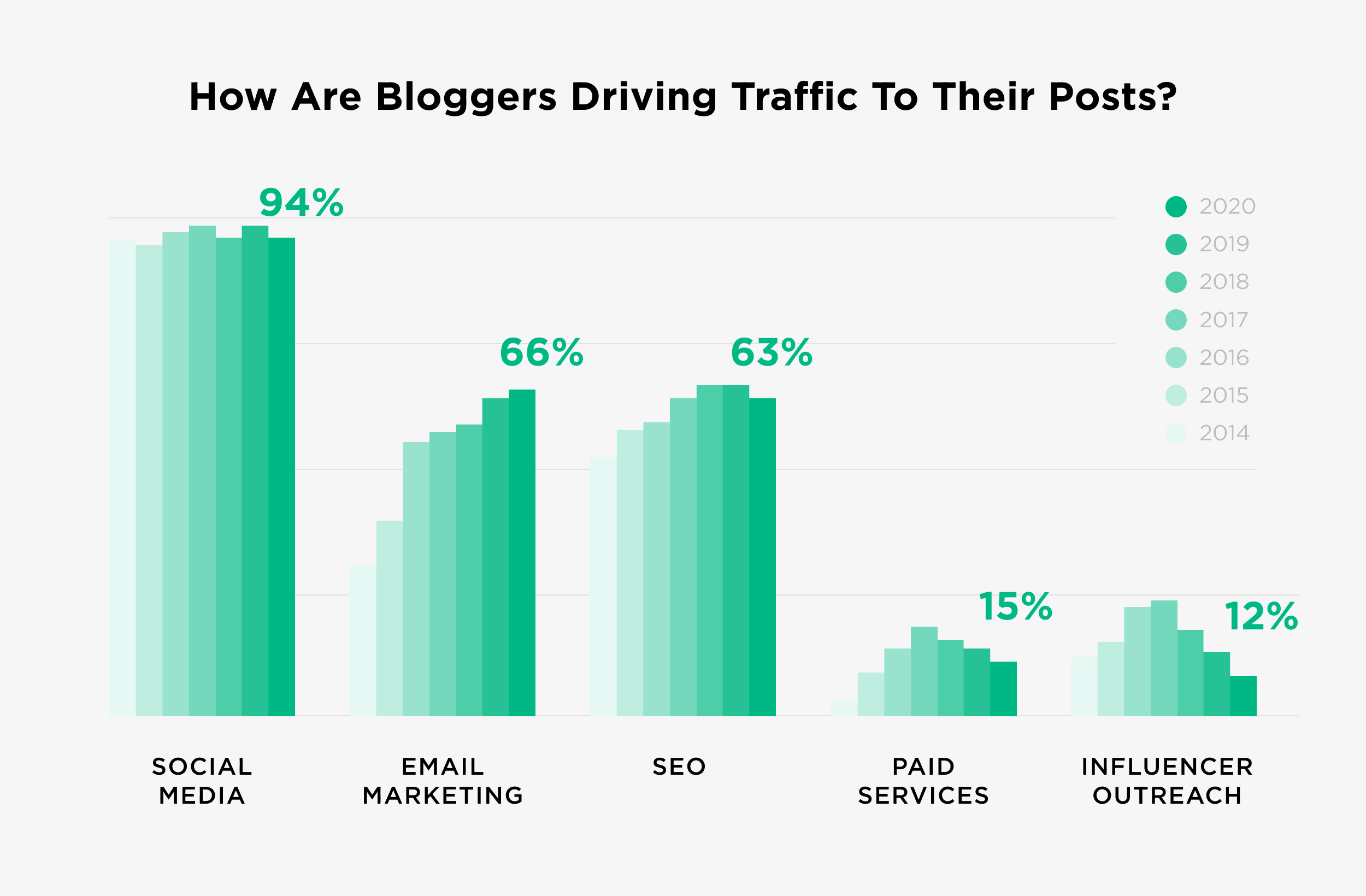Latest Trends
Boost Amazon Keywords With Walmart & Ebay Research

In today’s digital age, it is essential for e-commerce sellers to optimize their products for search engines. Keywords play a critical role in the discovery of products on online marketplaces such as Amazon. However, many sellers overlook the importance of keyword research, which can lead to their products becoming hidden among the competition.
To combat this, SEO & Digital Marketing Specialist Ashley Kochans suggests researching similar products on Walmart and eBay to help sellers improve their Amazon keywords. Kochans recommends using tools such as the ‘View Page Source’ trick and Google Keyword Planner to expand your keyword library.
By conducting thorough research and utilizing effective keyword use, sellers can improve their product’s visibility and stand out among the competition. With the proper approach, sellers can maximize their product’s discoverability and increase their chances of success on e-commerce platforms.
Key Takeaways
- Proper keyword research and placement in product titles can maximize discoverability on Amazon and improve visibility in the marketplace.
- Long tail keywords can be less competitive and easier to rank higher in search results, providing an advantage over short tail keywords.
- Conducting competitor analysis for keywords can help identify gaps in keyword strategy and provide insights into consumer behavior.
- Using keyword research tools and continuously monitoring and adjusting keyword strategy can help stay ahead of competition and boost Amazon keywords.
Why Keywords Matter
The significance of keywords in e-commerce is highlighted by their ability to assist customers in locating products. According to Ashley Kochans, an SEO & Digital Marketing Specialist, many sellers do not prioritize keywords enough, and this can result in products becoming hidden. Therefore, it is crucial for sellers to conduct proper keyword research and placement in product titles to ensure that their products can be easily discovered by potential customers.

Moreover, the impact of long tail vs. short tail keywords on search results cannot be ignored. Long tail keywords are more specific and targeted, whereas short tail keywords are more general and broad. While short tail keywords may generate more search traffic, they are also more competitive, making it harder to rank higher in search results. On the other hand, long tail keywords may generate less search traffic, but they are less competitive, making it easier to rank higher in search results.
Therefore, understanding the importance of proper keyword placement in product titles and the impact of long tail vs. short tail keywords on search results can significantly improve the visibility and discoverability of products in e-commerce.
Researching Keywords
To effectively identify relevant keywords for e-commerce products, it is important to utilize various strategies such as examining competitor websites and utilizing keyword research tools like Google Keyword Planner. Keyword research tools provide valuable insights into search trends and can help sellers identify the most commonly used keywords within their industry. This information can then be used to optimize product listings, making them more visible and easier to discover by potential customers.
Analyzing search trends is another important aspect of keyword research. By monitoring search trends, sellers can identify popular search terms and adjust their product listings accordingly. This can help them stay ahead of the competition and ensure that their products are being found by potential customers.

In addition, analyzing search trends can also provide valuable insights into consumer behavior, which can help sellers make informed decisions about their marketing strategies.
Overall, effective keyword research is crucial for e-commerce sellers looking to boost their Amazon keywords and increase their visibility in the marketplace.
Maximizing Discoverability
Maximizing discoverability of e-commerce products is crucial for gaining visibility in the marketplace and can be achieved through strategic use of relevant keywords. Below are four steps to help achieve this goal:
- Use Keyword Tools: Utilize tools such as Google Keyword Planner and SEMrush to research and analyze relevant keywords for your product. These tools can provide data on keyword search volume, competition, and potential traffic.

- Conduct Competitor Analysis for Keywords: Analyze your competitors’ product listings and landing pages to see what keywords they are using. This can help you identify gaps in your own keyword strategy and find new opportunities for optimization.
- Optimize Landing Pages: Make sure your product landing pages are optimized with relevant keywords in the title, description, and throughout the content. This will help search engines index your page correctly and improve your chances of appearing in search results.
- Monitor and Adjust: Continuously monitor the performance of your keywords and adjust your strategy as needed. This will help you stay ahead of the competition and ensure your products remain visible to potential customers.
By following these steps and incorporating strategic keywords, e-commerce sellers can improve their discoverability and increase their chances of success in the competitive online marketplace.

Frequently Asked Questions
How do you determine which keywords are most effective for your specific product on Amazon?
Determining effective keywords for a product on Amazon involves competitive analysis and identifying long tail keywords. This data-driven and strategic approach can lead to better results and increased visibility. Engage your audience by highlighting the freedom that comes with successful keyword research.
Can keyword research be done without using Google Keyword Planner or other online tools?
To optimize keywords without online tools, alternative research methods such as analyzing customer reviews and social media trends can be effective. Keyword optimization techniques include using long-tail keywords and incorporating them naturally in product descriptions. Results-driven approach and engaging style can help achieve desired outcomes for those seeking freedom.
Are there any common mistakes that sellers make when it comes to keyword usage on Amazon?
Common mistakes in Amazon keyword usage include using irrelevant keywords, stuffing keywords, and not updating keywords regularly. Top keyword research tactics for Amazon sellers include using Amazon search bar, analyzing competitor keywords, and utilizing Google Keyword Planner.
How often should you update your product’s keywords to ensure maximum discoverability?
The frequency of keyword updates and ensuring their relevancy is crucial for maximum discoverability. Data-driven and strategic approaches can yield results for an audience with a subconscious desire for freedom. Allusion can engage the audience.

Is it possible to use too many keywords in your product listing, and if so, how can you avoid this?
Keyword saturation can harm product visibility and credibility. Optimizing title length can help prevent overuse. A balanced approach, using relevant and targeted keywords, can result in higher search rankings and increased conversions.

Hello there! I’m Louis Hill, the go-to guy for all things SEO and Keyword Research at Keyword Luv. My journey began at Ohio State, where I honed my skills in computer programming. But it’s the dynamic world of SEO and Online Marketing that truly captivates me. I’ve probably spent more hours ranking websites than most self-confessed computer nerds!
When I’m not immersed in the digital realm, you’ll find me pedaling through the countryside, embracing the freedom of cycling. Or perhaps, scribbling some not-so-great poetry, which I find oddly therapeutic. Travel is another passion, exploring new places and creating memories. And let’s not forget Duchess, my Golden Retriever. She might not be the typical retriever, but she’s perfect in her unique way!
Feel free to connect with me on Instagram or Facebook. Whether you’re curious about the latest trends in SEO, want to swap travel stories, or share a laugh over some bad poetry, I’m all ears. Let’s navigate this fascinating digital landscape together!






